Ashwagandha Nootropics: The Ultimate Ingredient to Boost Mental Performance
In today’s fast-paced world, the demand for nootropics—popularly known as “smart drugs”—is at an all-time high. These supplements promise improved memory, reduced stress, and enhanced cognitive performance. Among them, Ashwagandha has emerged as a natural standout, celebrated for its adaptogenic properties and rich history in traditional medicine.
Whether you’re a student preparing for exams or a professional seeking to sharpen focus, Ashwagandha nootropics might just be the game-changer you’re looking for.
What Are Nootropics?
Nootropics are substances designed to enhance brain function, including memory, creativity, attention span, and mental clarity. While some, like modafinil, are synthetic, others—such as Ashwagandha—are derived from natural sources, offering a safer and more sustainable approach to brain health.
Ashwagandha: A Natural Marvel
Origins and Ayurvedic Significance
Ashwagandha (Withania somnifera), a small shrub native to India, Africa, and the Middle East, has been a cornerstone of Ayurvedic medicine for over 3,000 years. Its name, meaning “smell of the horse,” symbolizes the herb’s strength-enhancing properties (don’t worry—it doesn’t smell like a horse!).
Traditionally, Ashwagandha has been used to combat stress, boost energy, and improve focus. Today, modern science confirms many of these benefits, solidifying its reputation as a powerful nootropic.
How Does Ashwagandha Work?
- Stress Relief:
Chronic stress leads to elevated cortisol levels, impairing mental clarity and mindfulness. Ashwagandha has been shown to lower cortisol, reducing stress and promoting calmness. - Memory and Learning:
Research indicates that Ashwagandha enhances memory, attention, and learning abilities, making it a valuable tool for students and professionals alike. - Neuroprotection:
With its antioxidant properties, Ashwagandha combats free radicals, protecting brain cells from age-related cognitive decline.
Key Benefits of Ashwagandha Nootropics
- Enhanced Focus and Concentration:
Struggling to stay focused? Ashwagandha alleviates stress and fatigue, paving the way for better concentration. - Improved Mood and Reduced Anxiety:
By regulating stress hormones and calming the amygdala, Ashwagandha helps reduce anxiety and boost overall mood. - Better Sleep Quality:
Essential for brain health, Ashwagandha promotes longer, more restful sleep. - Long-Term Brain Health:
It’s not just about immediate benefits—Ashwagandha supports cognitive longevity, making it an investment in your future self.
How to Use Ashwagandha Nootropics
Choosing the Right Form
Ashwagandha is available in various forms, including capsules, powders, teas, and gummies. Capsules are convenient, powders can be added to smoothies, and teas are perfect for relaxation.
Recommended Dosage
Most experts recommend starting with 300–600 mg per day. Begin with a lower dose, observe your body’s response, and gradually increase if needed.
Combining with Other Nootropics
Pairing Ashwagandha with complementary nootropics like L-theanine or Rhodiola can amplify its benefits, enhancing focus and reducing stress.
Potential Side Effects and Precautions
While Ashwagandha is generally safe, mild side effects such as nausea, headaches, or drowsiness may occur in some individuals. Pregnant or breastfeeding women, as well as those taking medications like sedatives or thyroid treatments, should consult a healthcare professional before use.
Top Ashwagandha Products to Try
- KSM-66 Ashwagandha:
Known for its high concentration and efficacy, this premium extract is ideal for stress relief and cognitive enhancement. - Sensoril Ashwagandha:
A standardized extract targeting stress and insomnia. - Organic Ashwagandha Powder:
Perfect for smoothies or teas, offering versatility and ease of use.
Scientific Backing for Ashwagandha
Stress Reduction
Studies reveal that regular Ashwagandha supplementation can reduce cortisol levels by up to 30%, significantly alleviating stress.
Cognitive Enhancement
Research highlights Ashwagandha’s ability to improve memory, learning, and focus across all age groups. Ongoing studies are exploring its potential in treating neurodegenerative diseases like Alzheimer’s.
Frequently Asked Questions
- Can I take Ashwagandha daily?
Yes, as long as you stick to the recommended dosage. - How long does it take to see results?
Results vary; some notice improvements within a week, while others may require 4–6 weeks. - Can I combine it with other supplements?
Yes, but always consult your doctor first. - When is the best time to take Ashwagandha?
It’s commonly taken in the evening to promote sleep, but timing can vary based on individual preferences.
Conclusion
Ashwagandha nootropics offer a natural, effective way to boost mental performance, reduce stress, and protect brain health. Whether you’re a student, a professional, or simply looking to improve your cognitive function, Ashwagandha can be a valuable addition to your daily routine.
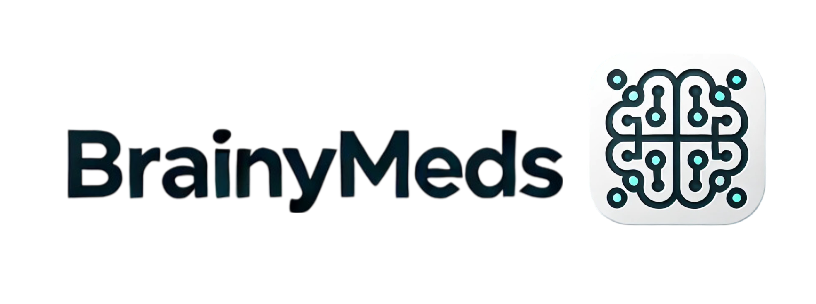






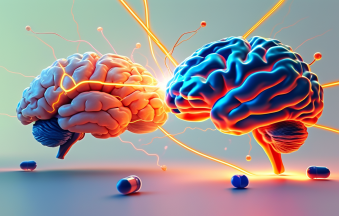
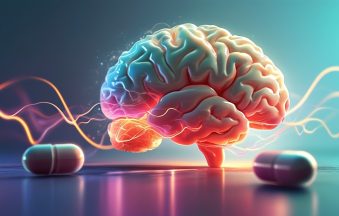


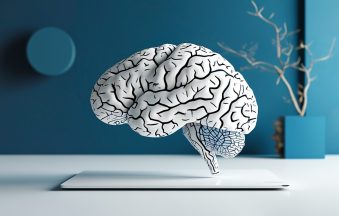
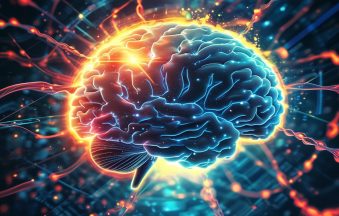
Add comment